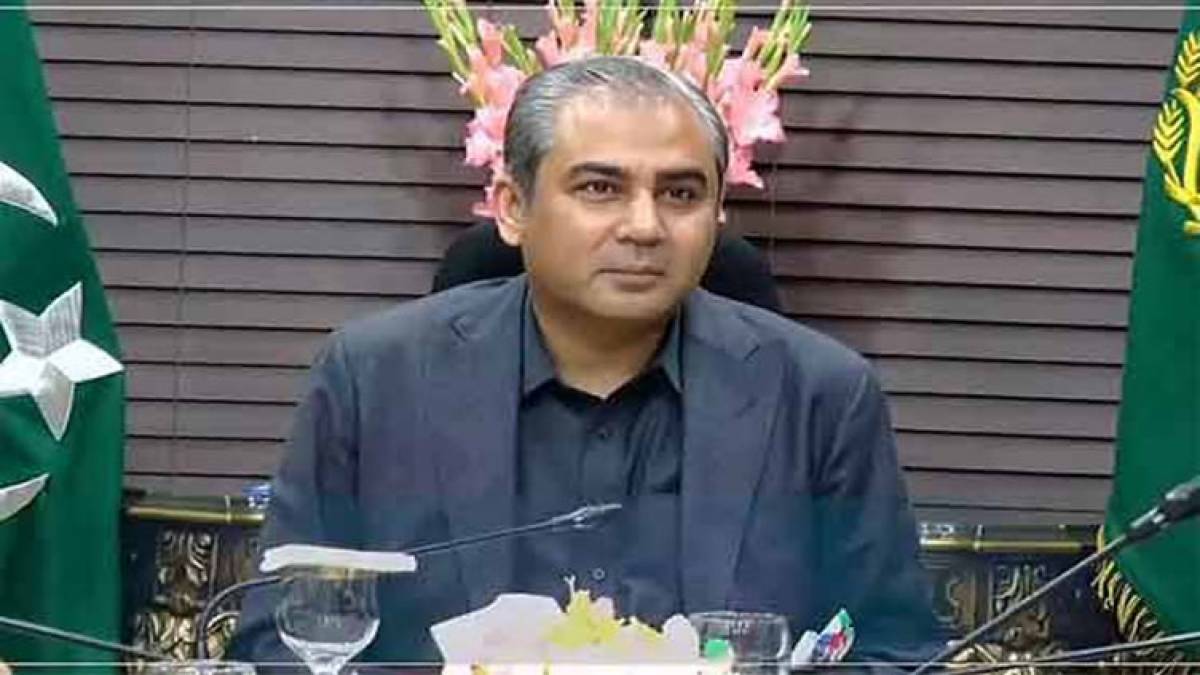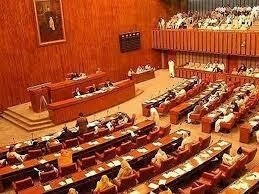PTBP Web Desk
China has officially announced that it will include a Pakistani astronaut in its upcoming space station mission, marking a historic milestone in space collaboration between the two nations. According to the state-run Xinhua News Agency, the astronaut from Pakistan will undergo professional space training alongside Chinese astronauts before embarking on a short-term mission to the Tiangong Space Station.
This announcement underscores the deepening partnership between China and Pakistan, particularly in the field of space exploration and scientific research. It also signals a new era of cooperation under the framework of the China-Pakistan Economic Corridor (CPEC) and the Belt and Road Initiative (BRI), where scientific and technological collaboration continues to expand.
This development represents a major leap for Pakistan’s space ambitions. Pakistan has long aspired to participate in manned space missions, and this opportunity with China’s space agency, the China Manned Space Agency (CMSA), will help the country gain valuable experience in astronautics and space science.
Experts believe this collaboration will strengthen Pakistan’s technical capabilities and inspire a new generation of scientists, engineers, and astronauts. Pakistan’s Space and Upper Atmosphere Research Commission (SUPARCO) has been actively involved in space research for decades, but this mission would mark the country’s first human presence in space in partnership with China.
As per Xinhua’s report, the Pakistani astronaut will receive extensive training at China’s advanced astronaut training facilities. This training will include simulations, spacewalk preparation, physical conditioning, and mission control coordination.
China’s Tiangong Space Station, which became fully operational in 2022, has already hosted several international experiments. The inclusion of a Pakistani astronaut is expected to be part of China’s broader plan to open the Tiangong Station for international collaboration. This step is aligned with China’s long-term vision of establishing multinational cooperation in low-Earth orbit.
In 2019, China and Pakistan signed an agreement to enhance cooperation in space science, technology, and exploration. This included joint projects for satellite development and launching, research exchange programs, and capacity building — laying the foundation for this latest development.
China’s decision to send a Pakistani astronaut highlights its ambition to become a global leader in space diplomacy. The move follows Beijing’s previous invitations to other developing nations to participate in scientific experiments aboard the Tiangong Space Station.
The China National Space Administration (CNSA) has consistently promoted international partnerships, contrasting with the United States-led International Space Station (ISS), which has restrictions on participation by Chinese and certain other countries. As the ISS nears retirement, China’s Tiangong may soon become the only operational space station — positioning it as a central hub for global space research.
By partnering with countries like Pakistan, China aims to strengthen scientific ties and geopolitical influence across Asia and beyond. This collaboration also demonstrates China’s commitment to supporting developing nations in achieving space exploration goals.
The inclusion of a Pakistani astronaut in China’s mission is not only symbolic of technological cooperation but also a testament to the enduring friendship between the two nations. Over the decades, the two countries have expanded their collaboration from defense and trade to science, technology, and education.
In recent years, China has launched several satellites for Pakistan, including the PRSS-1 (Pakistan Remote Sensing Satellite), which enhanced the country’s imaging and mapping capabilities. These joint missions have strengthened Pakistan’s space surveillance, disaster management, and agricultural monitoring programs.
According to analysts, this upcoming manned mission could pave the way for joint satellite launches, space-based research, and education programs. It is expected that Pakistan may eventually develop its own astronaut training modules with Chinese assistance, creating a foundation for future independent missions.
This collaboration may also influence the regional dynamics of space development. With India already advancing rapidly through the Indian Space Research Organisation (ISRO) — including its successful Chandrayaan-3 lunar mission — Pakistan’s participation in a Chinese-led mission could restore balance and competition in South Asia’s space race.
Experts suggest that Pakistan’s inclusion in China’s manned space program could encourage other developing nations to join similar international initiatives. This aligns with the United Nations Office for Outer Space Affairs (UNOOSA) goals of promoting peaceful use and cooperation in outer space.




